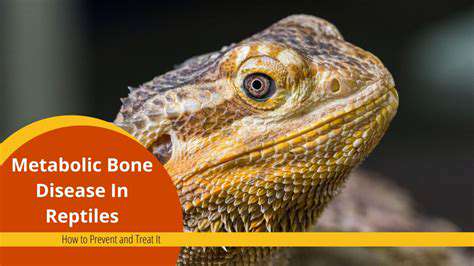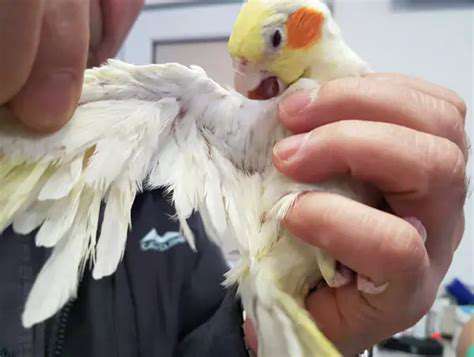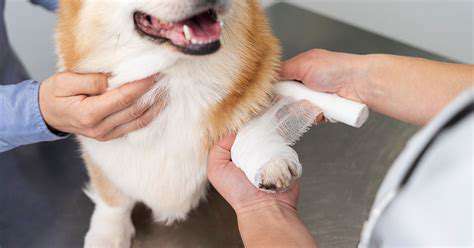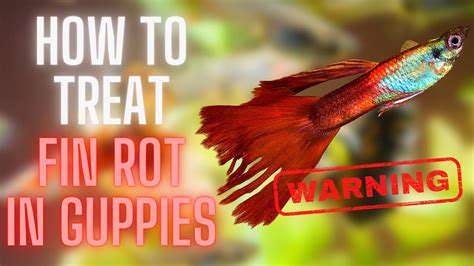Feeding Your Pet Bird: Safe Foods
Safe and Healthy Seed Choices
Choosing the Right Seeds
Not all seeds are created equal. Quality seed mixes should form the foundation of your bird's diet, not the entirety. Look for fresh, organic mixes with visible variety—you should easily spot different shapes and colors. Avoid dusty mixes or those with many broken pieces, as these indicate poor quality or age.
Species-specific needs matter greatly. While cockatiels thrive on millet and canary seed, African greys need more variety with nuts and dried fruits. Research your bird's natural diet to make informed choices—this knowledge helps prevent nutritional gaps.
Understanding Seed Variety
Diversity is protection against deficiencies. Each seed type brings unique benefits:- Safflower: High in healthy fats- Hemp seeds: Rich in omega-3s- Flax seeds: Excellent fiber source
Create custom blends based on your bird's activity level and health status. Older birds may need softer seeds, while breeding pairs benefit from extra fatty seeds. Variety ensures comprehensive nutrition that single-seed diets can't provide.
Avoiding Harmful Seed Types
Some seeds pose hidden dangers. Apple seeds contain cyanide compounds, while peach pits can cause intestinal blockages. Always remove seeds from fruits before offering them. Also avoid:- Old or musty-smelling seeds- Those treated with pesticides- Dyed or artificially flavored varieties
When introducing new seeds, do so gradually and watch for any digestive changes. Some birds develop preferences that lead to selective eating—another reason to monitor their intake closely.
Seed Storage and Freshness
Proper storage extends nutritional value. Store seeds in glass jars with oxygen absorbers in a cool pantry—not the refrigerator where moisture accumulates. Buy smaller quantities more frequently rather than bulk purchases that may go stale.
Test freshness by sprouting a few seeds—if they don't germinate within a few days, their nutritional value has likely degraded. Fresh seeds should have a slight natural sheen and crisp texture when bitten.


Supplements and Treats: A Balanced Approach
Choosing the Right Supplements
Supplementation requires careful thought. Blood tests can reveal actual deficiencies before starting any regimen. Powdered supplements that stick to moist foods often work better than adding to water where dosage becomes uncertain.
For calcium, consider cuttlebone or mineral blocks that birds can self-regulate. Always choose avian-specific products—human supplements often contain harmful additives or incorrect dosages.
Treats for a Healthy Diet
Think of treats as teaching tools rather than snacks. Use them for training or enrichment, not routine feeding. Try these healthy options:- Spray millet (sparingly)- Fresh coconut pieces- Soaked and sprouted seeds
Measure treat portions—they shouldn't exceed 10% of daily intake. For small birds, a single sunflower seed might be a full treat portion.
Importance of Fresh Water
Water quality impacts health dramatically. Change water at least twice daily, more in hot weather or if your bird tends to dunk food. Use stainless steel or glass bowls that resist bacterial growth better than plastic.
Consider adding a water fountain—many birds prefer moving water and will drink more. Monitor intake closely as decreased drinking often signals health issues.
Safe and Nutritious Fruits
Fruits offer more than vitamins—they provide mental stimulation. Present them creatively:- Skewer chunks on stainless steel kabobs- Hide pieces in foraging toys- Freeze bits in ice cubes for summer treats
Remove all seeds and pits, and wash thoroughly to remove pesticide residues. Organic is ideal when available.
Variety in Vegetables
Vegetables should form a larger portion than fruits. Dark, leafy greens are powerhouses of nutrition—rotate between kale, chard, and dandelion greens. Cooked sweet potatoes and squash provide excellent vitamin A.
Introduce new veggies slowly—some birds need multiple exposures before accepting unfamiliar foods. Chop finely or shred to make them more appealing.
Avoiding Harmful Foods
Beyond the obvious dangers like chocolate and avocado, beware of:- Salty foods (even healthy crackers)- Anything with artificial sweeteners- Dairy products (birds lack proper enzymes)
When in doubt, consult the ASPCA's toxic plants list—many common houseplants are also dangerous if nibbled.
Understanding Your Bird's Needs
Nutritional needs change throughout a bird's life. Growing chicks, breeding adults, and senior birds all require different approaches. Work with an avian vet to adjust diets as needed.
Keep detailed feeding records—what works today might need adjustment next year. Your bird's droppings tell a nutritional story—learn to read them for early signs of dietary issues.





![Review: [Specific Brand] Smart Pet Door](/static/images/33/2025-05/EaseofInstallationandSetup.jpg)

![Review: [Specific Brand] Reptile Food](/static/images/33/2025-05/EaseofUseandFeedingExperience.jpg)
![Review: [Specific Brand] Dog Toy [Specific Type]](/static/images/33/2025-05/ValueforMoneyandAlternatives.jpg)


